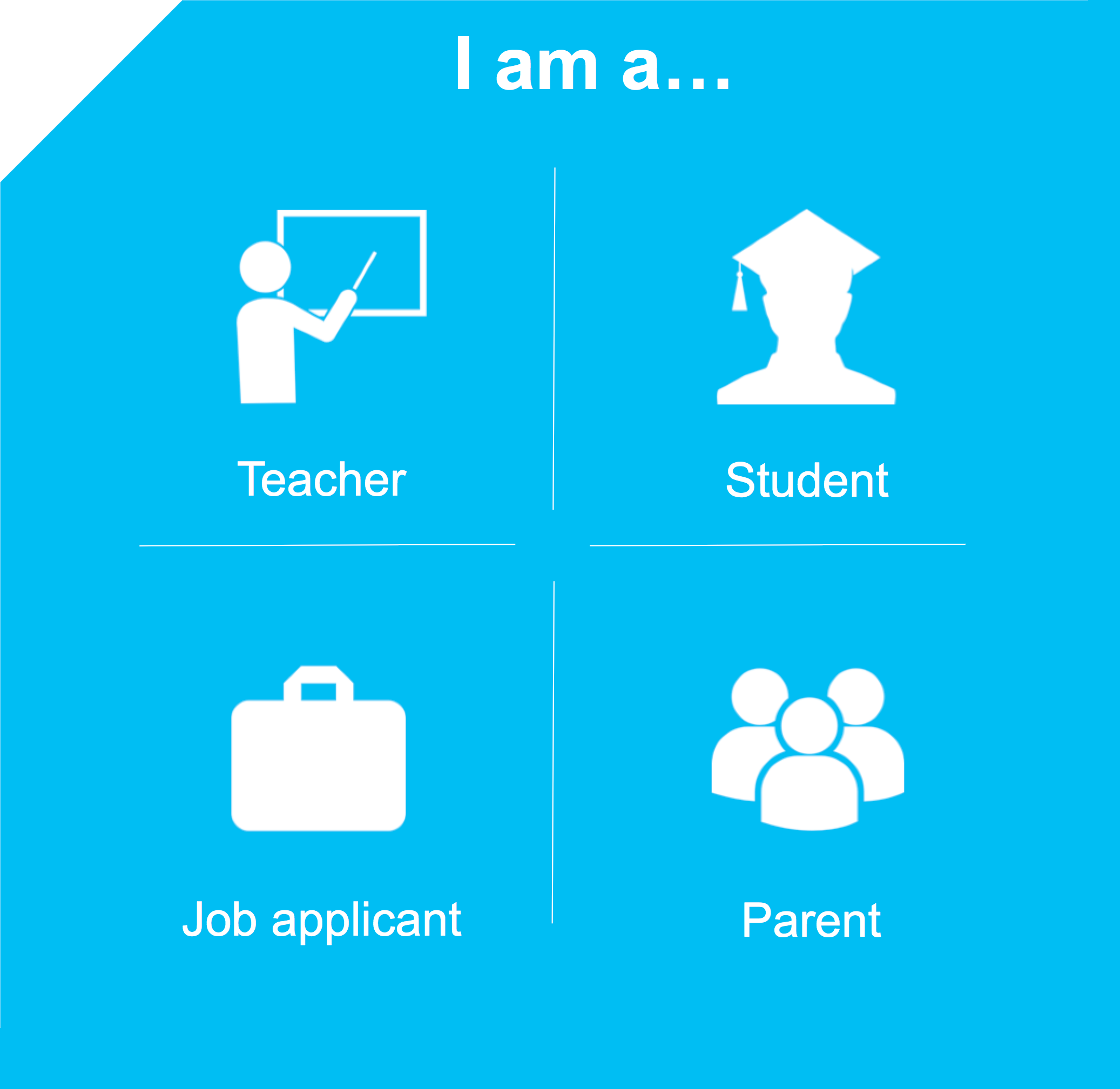We won Telstra Business of the Year!
We’re extremely honoured to have been awarded Business of the Year (NSW) at the Telstra Business Awards 2014. Check out our founder's speech here.
Like
You may have seen on Friday that Ofqual finally released their proposal on how GCSE, AS and A-Level grades should be awarded in 2021.
If you did see, you’ll also have noticed the proposal is a whopping 46 pages long.
We thought, considering every teacher in the UK is getting back to grips with remote learning, catering for children of key workers, and trying to look ahead to when in-person teaching may resume, it might be useful if we did some of the heavy lifting here and pulled out the most relevant information for you.
So that’s what we did.
This post breaks down Ofqual’s proposal into a brief, easy-to-digest summary and highlights what this would mean for you and your students, before directing you to the questions Ofqual need your opinion on before the consultation period ends on the 29th January.
We hope you find this post useful, and we hope it saves you some time.
The Proposal Overview – and How This Has Changed from Last Year
The most significant change between this year and 2020’s grade assessments (which almost resulted in a third of grades to be marked-down from expected levels) is that a student’s grade in 2021 will be ‘based on their teachers’ assessment of the standard at which the student is performing’ (p.8). This will be entirely evidence-based, with all teacher assessment requiring some form of evidence bank to account for a teacher’s final decision. In order to reach these grades, Ofqual are calling on exam boards to do two things:
As part of this proposal, Ofqual are stating schools should use these assessment papers during a pre-defined assessment window, which is likely to take place either at the start of May or the beginning of June. They have stated that these assessments should take place ‘as late in the academic year as practicable’ (p.10) to ensure students have as long as possible to cover the content of the curriculum.
The conditions under which students should be assessed have been laid out as the following:
All non-examination related assessments, such as within Art and Design, should continue as normal, and the proposal from Ofqual here is that ‘the student’s portfolio – whether or not it is complete at the time of assessment – should be the sole evidence teachers use to decide on the grade the student should be awarded’ (p.14). However, perhaps the most important distinction in the non-examination element is that ‘that while teachers should mark non-exam assessments, the exam boards should not be required to moderate their marking this year’.
In addition to the proposed conditions for exam and non-exam based teacher assessments, Ofqual have indicated that ‘exam boards should quality assure the approach taken by each school and college’ (p.20). This means that ‘the exam boards should engage with every school or college to consider the approach it is taking. All schools and colleges, regardless of cohort size, geography, demographic or centre type could be subject to further checks’ (p.21).
Ofqual released a table of the highlighted proposals they’re making in 2021, and how these proposals differ from those made last year – you can zoom in to see the table below (or click here for a much clearer version):

What Does This Mean for Teachers?
Firstly, it seems the changes proposed for 2021 still focus on exams as being the central means for assessment, with the added element of you becoming your own students’ chief examiner. Although formalised GCSE, AS and A-Level exams have been cancelled this year, the proposed replacement will still be some form of formalised examination. Following the same process as pre-COVID examinations, these formalised tests will still be given to schools by exam boards to be completed within a designated assessment window.
The main difference here of course is that now you’re being asked to mark these. Teachers will then need to use these examinations, alongside any other non-examination-based assessments (such as portfolios or recorded speaking and listening assessments), to form an ‘evidence base’ with which to support their final grade they will award a student. These final awards must be submitted to examination boards by May or June, so that final results can reach students in July (allowing for an appeals process to begin earlier than in ordinary years).
It also means you might expect to undergo CPD conducted by the exam boards themselves on how to award grades and build your evidence bases, as well as continued communications with the exam boards between now and the awarding of a students’ final results to conduct the external assurance stages.
What Does This Mean for Students?
Unfortunately for students, this also means they will still need to sit some form of formalised examination after all. Even though the ordinary structures of school have disappeared, bringing with it the same severe dips in motivation we saw during the last lockdown, and an inevitable impact on a students’ ability to learn, study and prepare for an exam, they will still need to undergo this process whether at school or remotely from home. For any student who took their foot off the pedal upon the announcement of school closures and cancellation of exams, they’ll now need to swiftly put their foot back on that same pedal to prepare for their new exams. And as we learned from our report we conducted a couple of months back, that’s not that easy to do.
How Can We Help?
At Elevate, we’ve updated all of our workshops to reflect the world of remote learning we’re now living in. Our core exam preparation seminars have been built to give your students direction on how to effectively prepare for their exams, and to empower them to provide their own structures for effective learning and revision. Our time management workshops now place more emphasis on how to build robust systems while studying from home, and our core motivational workshops help combat the decrease in motivation levels we see when students are forced to lock down. If you want to see a more in-depth overview of how our seminars can help your students in light of Ofqual’s recent proposals, just click the brief descriptions below:
What Ofqual Are Asking From You
At the moment, everything outlined by Ofqual above is just a proposal. And they’re asking for your opinion on it. They’re currently undergoing a consultation period (from now until January 29th) in which they’re looking for your answers to 68 questions, each focusing on a different area of the proposal. But they don’t just want your opinion – they want your students’ opinions, your parents’ opinions, and anyone else related to your students’ year this year.
To see the list of questions Ofqual are asking, click here.